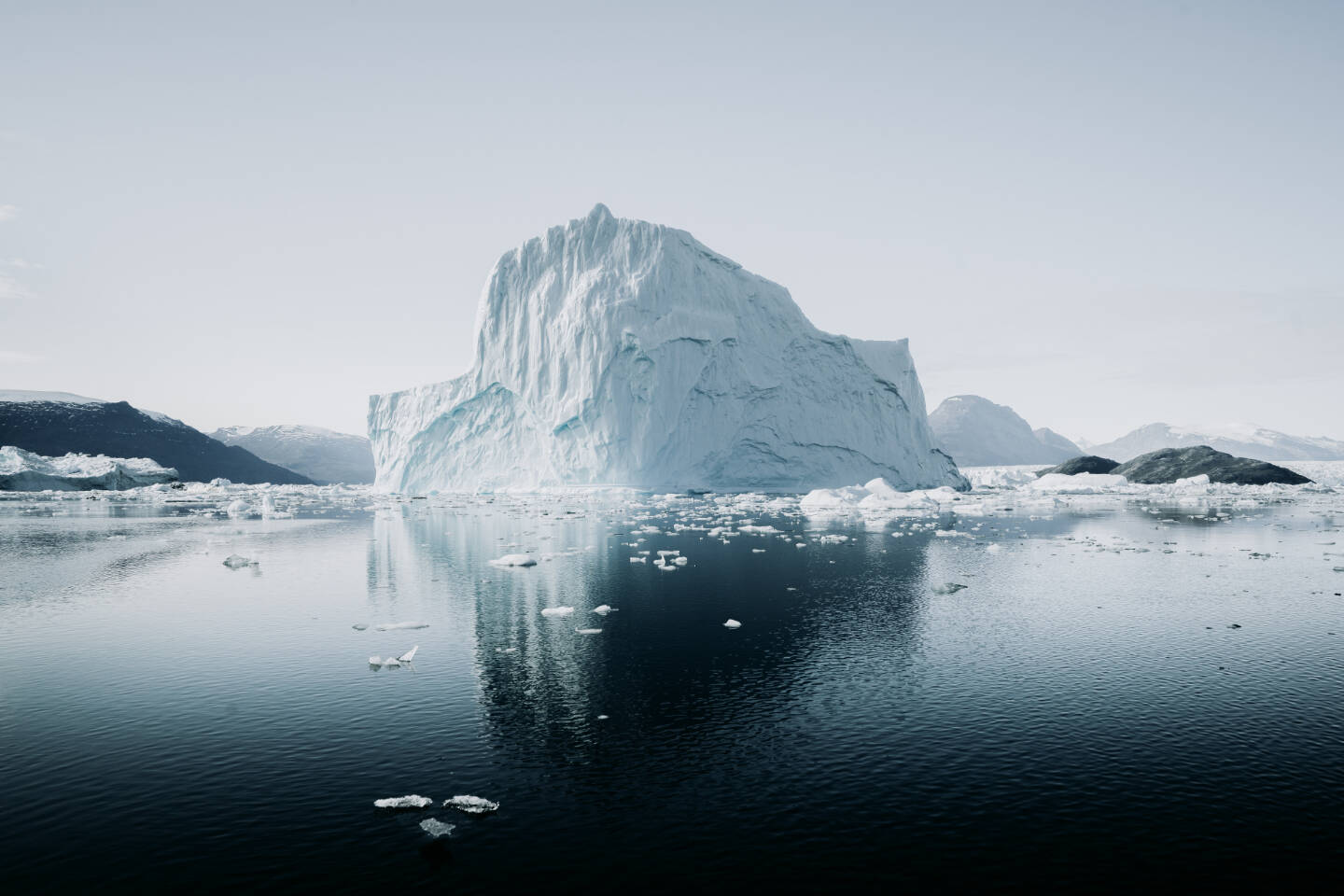With war in the Ukraine now approaching its eigth month of hostilities, many observers on both sides expect the conflict to persist well into the new year, with the specter of escalation worrying many as Russia confronts continued battlefield setbacks. Far to the north, the war in Ukraine has had a profound effect on Arctic security and diplomacy, causing a rift within the Arctic Council as its seven democratic member states boycotted Russia’s participation, even while Russia held the rotating chair of the Council. And while the Council represents an innovative, post-Cold War collaboration between East and West across the North, as envisioned by the late Mikhail Gorbachev in his famed 1987 Murmansk Speech, with the pioneering inclusion of Arctic indigenous peoples as sought by the Inuit Circumpolar Council since its formation in the 1970s (then known as the Inuit Circumpolar Conference), it took the war in Ukraine to put both of these noteworthy achievements at risk.
Just as Russia, the largest Arctic state with over 24,000 kilometers of Arctic coast (over 50% of the Arctic Ocean’s coastline) and an Arctic population of over 2 million (around 50% the entire population of the circumpolar Arctic) finds itself isolated from the other 7 Arctic states (A7), the 6 Indigenous Permanent Participant organizations at the Arctic Council have noted a decline in consultation by their state partners at the council as these important changes unfold — indicating a Westphalian reconceptualization of Arctic security as a state prerogative focused upon national defense, in contrast to the multilevel, multilateral cooperation that hitherto united all the Council’s state members (inclusive of Russia) with the Permanent Participant organizations in a triumph of inclusive diplomacy.
This Westphalian resurgence was evident in the sudden change of heart in both Finland and Sweden, with long traditions of neutrality, which both turned to NATO for protection after Russia invaded Ukraine, in another dramatic setback to Russian President Vladimir Putin’s ambition to keep NATO from further encroachment toward Russia’s borders, leading both hitherto nonaligned Nordic states to complete accession talks at NATO headquarters on July 4, a day with much charged symbolism in America as a sacrosanct day that celebrates America’s independence from tyranny, formally confirming their willingness and capacity to meet all obligations associated with NATO membership, thus extending NATO across the Nordic region, from the Norwegian border to its Baltic member states.
And while Sweden and Finland maintained non-alignment through the Cold War era, in the decades since they have grown closer to the western alliance, and both had joined the Partnership for Peace in 1997. Because of the strengthening collaboration between NATO and both Finland and Sweden in the years since, their abandonment of neutrality in favor of alliance membership, while catalyzed by the war in Ukraine, is less tectonic a realignment of European security architecture as it may seem given their three decades of cooperation with the alliance, and Sweden has already indicated its continued unwillingness to host NATO assets, in much the same way that Norway long reassured Moscow throughout the Cold War that its territory would never be used as a staging ground for a northern invasion of Russia.
Just the very fact that both the Nordic and Baltic states — with the obvious exception of Russia, which abuts the Baltic near St. Petersburg as well from its western exclave in Kaliningrad — are now united as NATO allies strengthens western unity, and more tightly aligns the strategic capabilities of the A7, whose geographical divisions in the past had hitherto brought Russia and the Arctic coastal states (Norway, Denmark-Greenland, Canada and the United States) together, united under the banner UNCLOS and known as the Arctic 5, as occurred at the first Arctic Ocean Conference in Ilulissat, Greenland in 2008.
Back then, it was Sweden and Finland, the two democratic non-coastal Arctic states, that were excluded from the maritime Arctic club (as was, briefly, insular Iceland), causing a rift at the otherwise harmonious Arctic Council that required mending. Fast forward 15 years, and Sweden and Finland are now part of a different Arctic club, the A7, now all members of NATO, while Russia finds itself on the sidelines, an Arctic pariah that remains the largest and most populous of the Arctic states, a geographical reality that likewise requires mending once the conflict in Ukraine comes to a conclusion.
• Barry Scott Zellen, Ph.D., is a vsiting scholar in the department of geography at the University of Connecticut, senior fellow at the Institute of the North and international Arctic correspondent for the INTERSEC Journal. Columns, My Turns and Letters to the Editor represent the view of the author, not the view of the Juneau Empire. Have something to say? Here’s how to submit a My Turn or letter.

